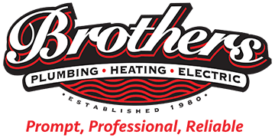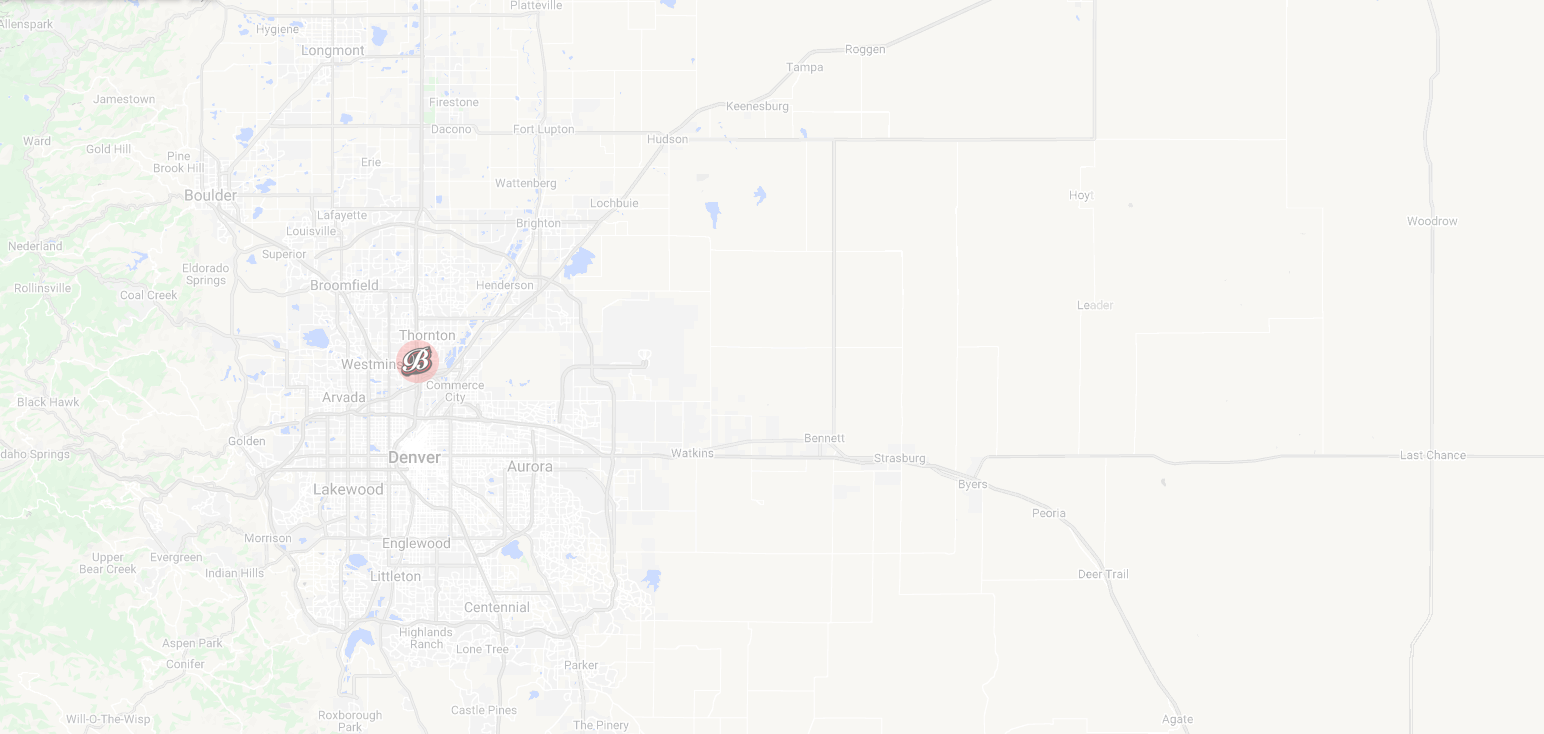Cold weather and freezing temperatures are part of winter, especially in Colorado. Those cooler temperatures also play a significant role in home plumbing maintenance. That’s right, we’re talking about freezing pipes.
If you’re worried, you might wonder how to protect your plumbing from the cold. Here are some helpful tips:
- Insulate all exposed pipes using pipe sleeves or heat tape, especially in unheated areas such as basements, attics, and crawl spaces.
- Seal any gaps or cracks in walls and around windows or doors to prevent cold air from entering your home. Keep garage doors closed to maintain warmer temperatures, especially if water supply lines are in the garage.
- Open doors and cabinets, especially for those on exterior walls.
- Let faucets drip slightly during extreme cold snaps to keep water moving and prevent freezing.
Keep a consistent temperature. Keeping your home at 55 degrees or warmer will prevent interior pipes from freezing, regardless of the outside weather.
Taking these precautions can significantly reduce the risk of frozen pipes. However, if your pipes do freeze…
Which Pipes Are More Likely To Freeze?
Which pipes are the most likely to freeze during a storm like this? We have the answer: pipes exposed to severe cold, such as outdoor hose bibs, those in crawl spaces, and those on exterior, north-facing walls.
What To Do If Your Pipes Freeze
If you notice freezing pipes in your home or business, shut off the water main. Doing so will help prevent further damage to your home and plumbing system. Fortunately, you can always check out Moen’s Flo Smart Water Monitor, which monitors your plumbing and automatically shuts off water after freezing. Learn more about the Flo Smart Water Monitor by Moen by clicking here today.
Once you’ve shut off the water, the next step is to call a qualified plumber to look at your plumbing to check for damage. Our leak detection and freezing pipe experts will asses your entire plumbing system, giving you peace of mind after a freeze. With us, you’re always in good hands!
And, if you’re the proactive type, then these tips might help you thaw your pipes yourself (assuming your plumbing isn’t damaged):
- To gently thaw the frozen section of the pipe, use a heating pad, hairdryer, or towels soaked in hot water.
- Never use an open flame, such as a torch, or direct heat on the pipe, as this may damage it or create a fire hazard.
- If you cannot locate the frozen area or the pipe has burst, immediately shut off the water supply and contact Brothers.
- If you do not have water for an extended period, water heaters and boilers should receive special attention.
Where Is My Home’s Water Shutoff Valve?
Your home has two water shutoff valves. The first one typically called a curb stop, is generally housed within a cylinder with a cap (called the curb box) and is usually located near the property line. The other valve is inside your home, next to the water meter.
Your home may also have other shutoff valves, which may be near plumbing appliances like toilets and sinks. We can label these valves for you at no charge during any of our visits so you can quickly locate them in an emergency.
Also, keeping your main valve in good working condition will ensure you can turn your water off in an emergency, such as if one of your water breaks. Older-style gate valves should be turned periodically due to possible corrosion build-up, while newer Teflon-coated ball valves should stay in working order without any regular turning.
If you’d like to worry less about when to turn off your water, we can install a Flo Smart Water Monitor by Moen. To learn more about it, visit our water control page today!
Contact Brothers Plumbing Heating & Electric For Help Today!
If you’ve already experienced damage to your plumbing system due to freezing weather, don’t fret! Just call Brothers Plumbing Heating & Electric. We’re standing by to help with all your freezing pipe and home winterization needs. Call today!









